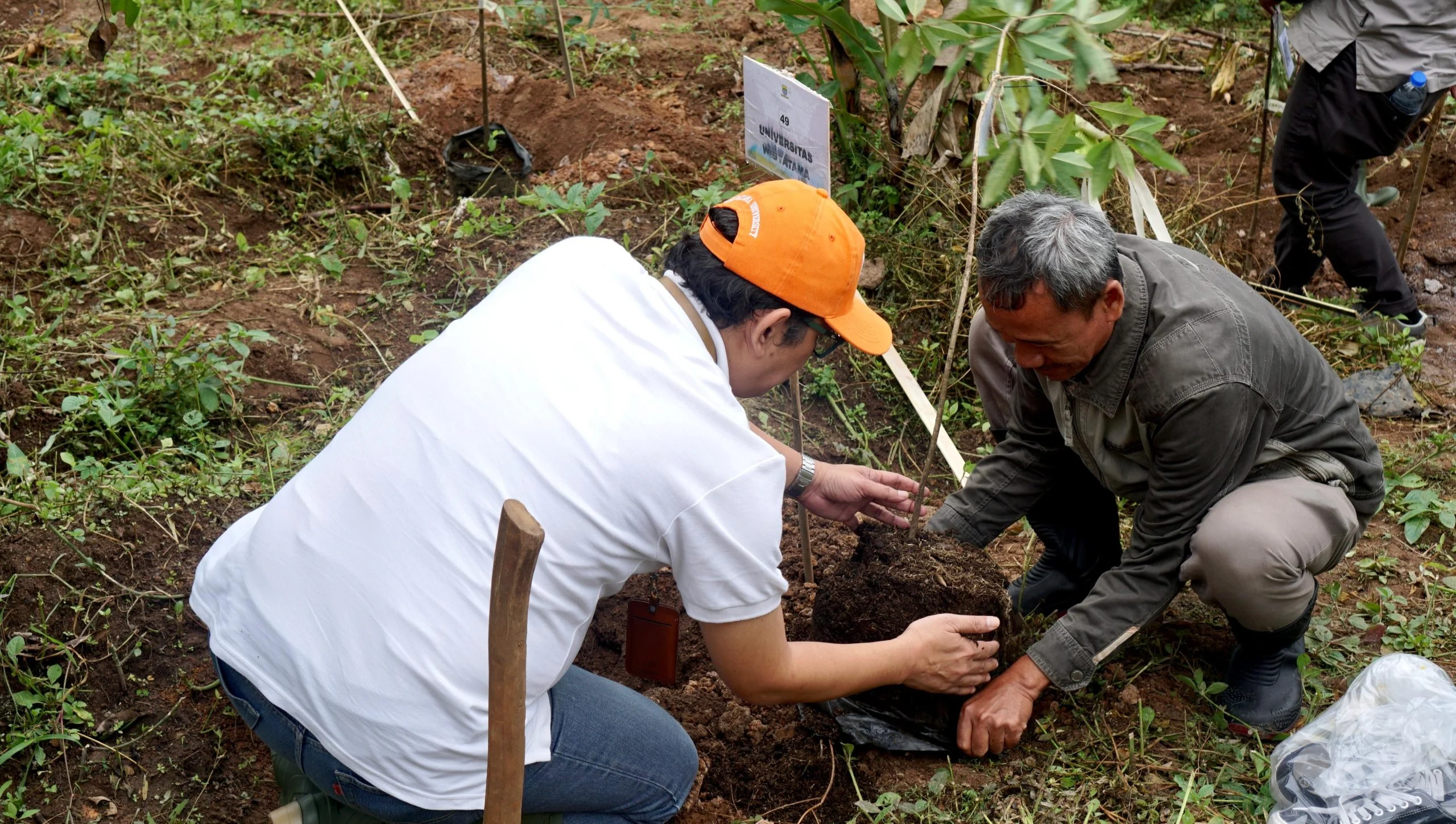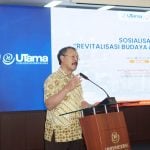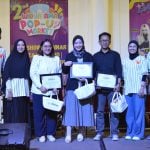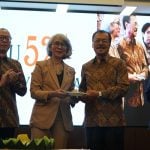Bandung, December 16, 2024 – The Bandung City Government has once again launched the Bandung Planting Program Volume 6, this year under the theme “Sustainable Bandung Conservation.” This event is set to take place on Saturday, November 23, 2024, in the critical land area of Cibiru District as a tangible step toward environmental preservation and ecosystem damage mitigation.
With critical land spanning 6.9 hectares, Cibiru District has become the top priority for this program. A total of 7,702 trees will be planted to restore the area. The program extends beyond tree planting, involving various stakeholders in the maintenance stage to ensure the sustainability of greening efforts.
“This is a long-term effort to create a greener and more sustainable Bandung,” said Acting (Pj) Mayor of Bandung, A. Koswara.
Universitas Widyatama Participates in the Program
Universitas Widyatama actively supports this greening program. On Friday, December 6, 2024, and Saturday, December 14, 2024, Universitas Widyatama, along with 50 other universities, carried out simultaneous tree planting as part of the Bandung Planting Program Volume 6 series.
Universitas Widyatama was represented by the Vice Rector for Research, Community Service, Innovation, and Collaboration, Dr. Didit Damur Rochman, S.T., M.T., IPU., ASEAN ENG, who directly attended the planting site. The presence of universities in this activity signifies a close collaboration between academia and local government in environmental preservation efforts.
Tree Seed Types and Composition
Tree planting in this program consists of two main categories:
Hardwood Trees, such as palm, mahogany, ki acret, campoleh, kapundung, rasamala, bamboo, neem, damar, manglid, gmelina, ki sireum, African teak, and ketapang.
Intercropping Plants, such as coffee, mango, and avocado.
The ratio between hardwood trees and intercropping plants is 75 percent hardwood and 25 percent intercropping. A minimum seedling height standard of 1.5 meters has been applied to enhance the effectiveness of land restoration.
This initiative aims to address critical land issues in Bandung City, particularly in areas like Cibiru District that require attention. Through collaboration among various parties, including civil servants (ASN), regional-owned enterprises (BUMD), universities, and other institutions, Bandung Planting Volume 6 is expected to significantly impact environmental preservation and ecosystem sustainability.
“This greening effort is not just for today, but for a better future for Bandung,” Koswara added optimistically.
With this strategic step, the Bandung City Government continues to strengthen its commitment to creating an environmentally friendly city resilient to climate change challenges.

